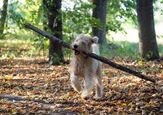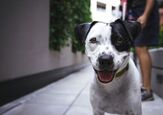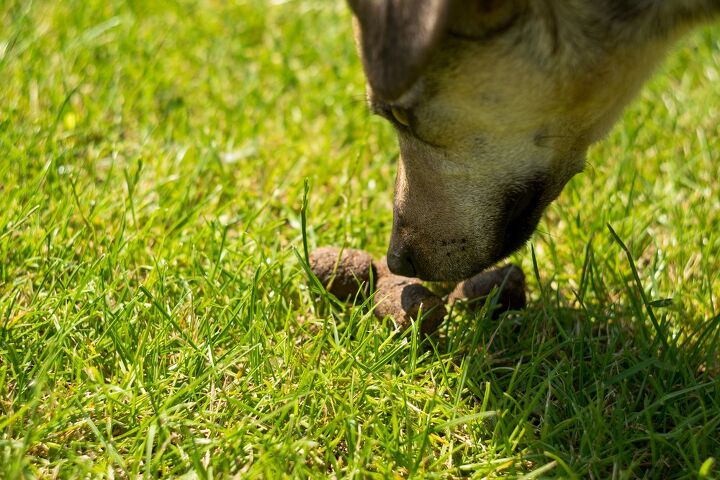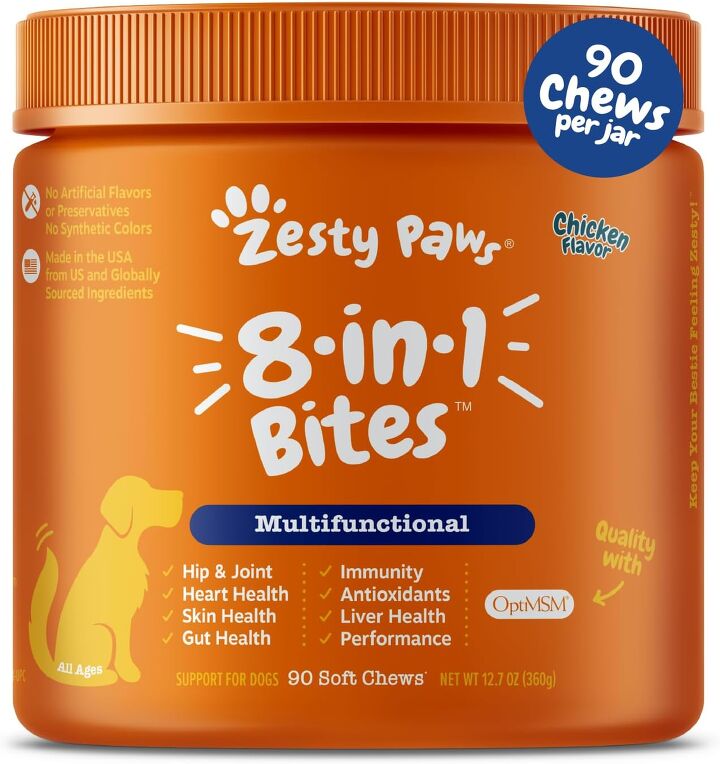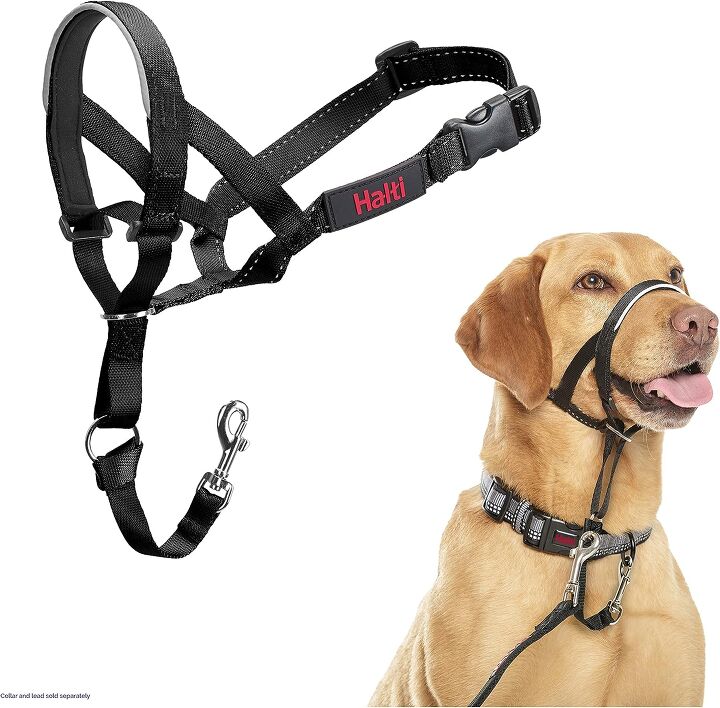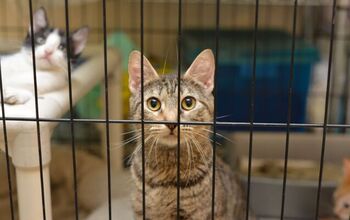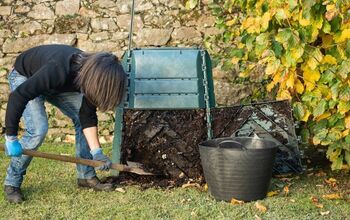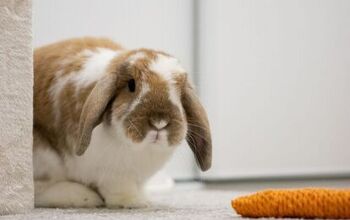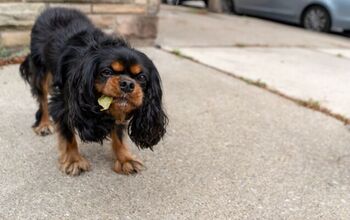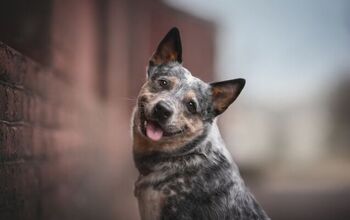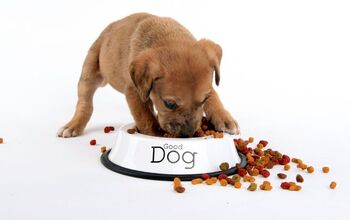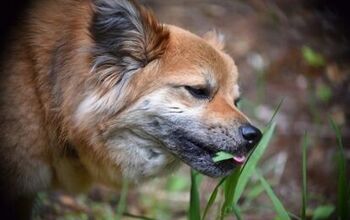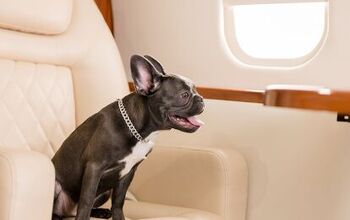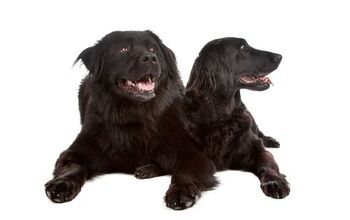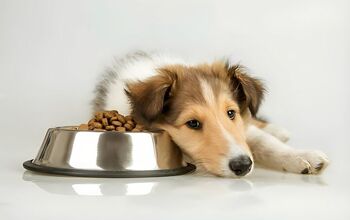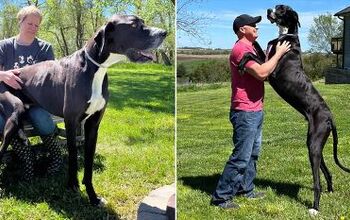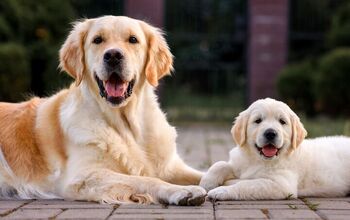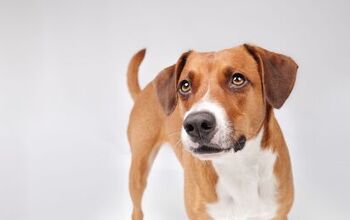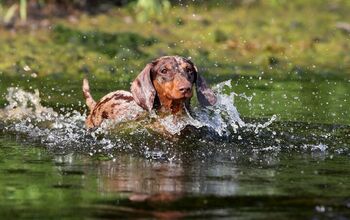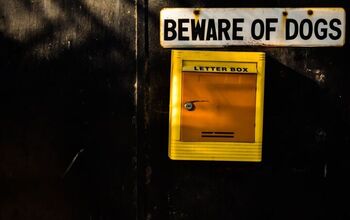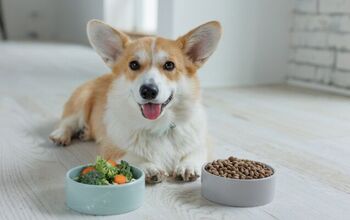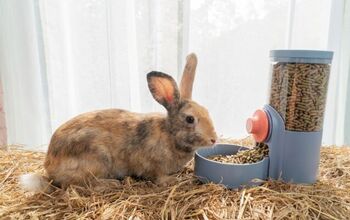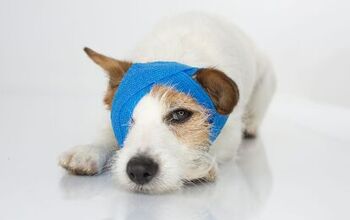Why Does My Dog Eat Poop?

When it comes to eating, most dogs will eat just about anything – in fact, if it’s something that’s forbidden for them to eat or something that they really shouldn’t be munching on, their appetite only seems to increase. And unfortunately, that also includes poop. While it is definitely disgusting to see, it actually has a lot of science behind it. The behavior is called coprophagia, and it is influenced by a lot of major factors. Getting to know them can help you better understand this odd behavior, and help you act accordingly. So let’s learn all about dogs and poop-eating.
Why Does My Dog Eat Poop?
Believe it or not, eating poop is a fairly common behavior in dogs. In fact, recent studies reveal that it is in a dog’s DNA to eat poop. It isn’t, however, a behavior that should be ignored completely. Because it can give you insights into the health and mentality of your four-legged friend. If you spot your pet munching on the forbidden fudge, it could signal a major nutritional deficiency. So, basically, if a dog is lacking certain nutrients in their diet, they may seek to fulfill those needs by eating feces. Of course, it can also signal underlying medical issues. It is known that some medical conditions can lead to coprophagia, such as malabsorption disorders or parasites.
Coprophagia can also sometimes stem from behavioral issues, such as stress, anxiety, or boredom. Dogs may resort to eating poop as a way to cope with these feelings or out of sheer boredom. It can also come from simple attention-seeking. Yup, your dog can eat feces as a way to gain attention, especially if they've received a strong reaction from their owners in the past. And, if you notice that your doggo is nibbling on poop in the park or on the street, they could be attracted to the scent. The scent of feces attracts some dogs, especially if it's from another animal.
Of course, neglect can also be a viable cause. Dogs that are confined in tight spaces or cages can exhibit unnatural behaviors, such as excessive eating of poop. It can also stem from anxiety, fear, isolation, or from problems related to diet.
Either way, it is essential to consult with a veterinarian to rule out any underlying medical issues and to address any behavioral concerns. Of course, ensuring your dog has a balanced diet, plenty of physical and mental stimulation, and positive reinforcement training can help deter this behavior. It can also be wise to supplement your dog’s diet with quality multivitamins, which can balance their nutritional needs and prevent poop-eating.
And if your pet prefers poop of other animals – and tries to eat droppings on walks – consider using a muzzle or a head collar to prevent them from eating anything they shouldn’t, including feces.
Keep in mind that poop-eating prevention takes time, patience, and consistency. While it is a nasty behavior and can be dangerous to boot, it won’t disappear overnight – no matter how much you’d like it to. Just persist and you’ll be able to curb your pet’s horrible habit for good!

A proud mama to seven dogs and ten cats, Angela spends her days writing for her fellow pet parents and pampering her furballs, all of whom are rescues. When she's not gushing over her adorable cats or playing with her dogs, she can be found curled up with a good fantasy book.
More by Angela Vuckovic
